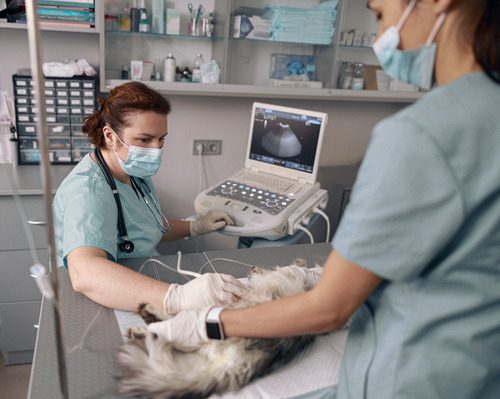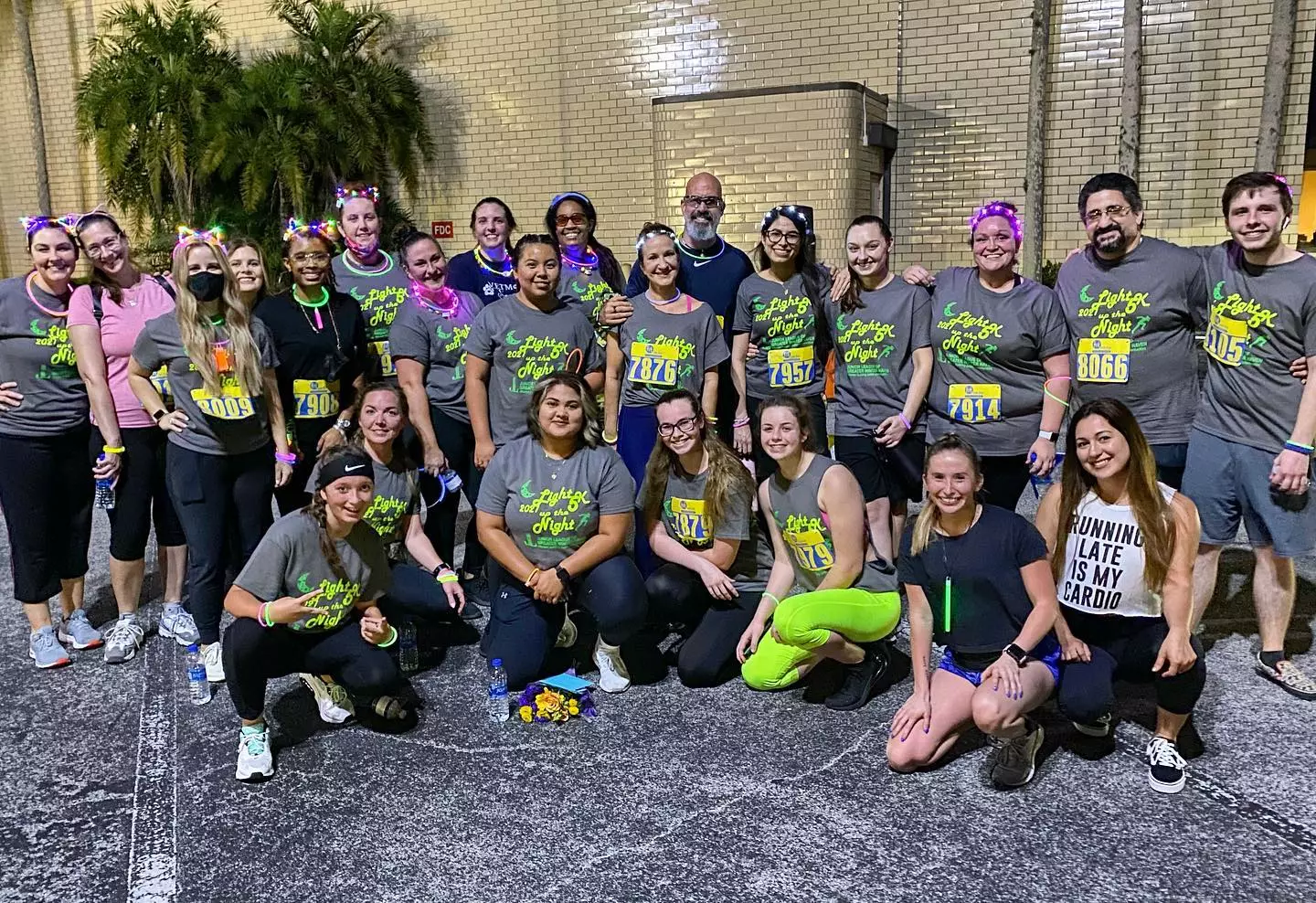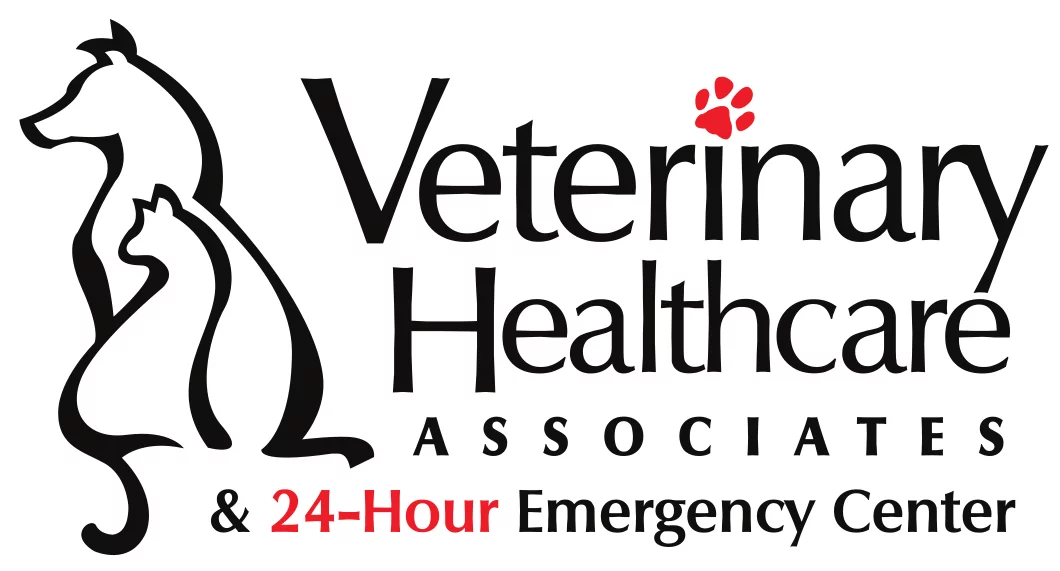Veterinary Internist Career: Salary, Job Description, & More
Choosing a career in veterinary medicine is a decision driven by passion, dedication, and a deep love for animals. Within this field, veterinary internists hold a unique and vital role, focusing on diagnosing and treating complex internal medical conditions in pets. If you’re considering this path, understanding the career landscape, including salary expectations, job responsibilities, and the educational journey can help you make an informed decision about pursuing this career. In this blog, we’ll explore everything you need to know about pursuing a career as a veterinary internist, offering insights that will help you decide if this specialized field is right for you.

What Does a Veterinary Internist Do?
A veterinary internist is a specialist in internal medicine who diagnoses and treats complex health issues in animals, particularly in cases where general practitioners need further expertise. These conditions often involve organs and internal systems, including the liver, kidneys, gastrointestinal tract, and respiratory system. The role of a veterinary internist extends beyond routine check-ups and vaccinations, diving deep into the underlying causes of health problems that may not be immediately apparent.
Diagnostic Expertise
Veterinary internists use advanced diagnostic tools and techniques to identify medical conditions that might be missed by general veterinarians. This includes interpreting blood work, imaging studies like ultrasounds and MRIs, and conducting specialized tests. Their expertise allows them to make accurate diagnoses, which is necessary for developing effective treatment plans.
Treatment Planning and Management
Once a diagnosis is made, veterinary internists are responsible for creating and managing treatment plans tailored to the specific needs of the pet. This could involve prescribing medications, recommending lifestyle changes, or even performing certain procedures. They work closely with pet owners to ensure that the treatment plan is followed and adjust it as necessary based on the pet’s response.
Collaboration with Other Veterinary Specialists
Veterinary internists often collaborate with other specialists, such as surgeons, oncologists, and cardiologists, to provide comprehensive care for pets. This collaborative approach ensures that pets receive the best possible care, with each specialist contributing their expertise to the treatment plan.
Educational Requirements for Becoming a Veterinary Internist
Becoming a veterinary internist requires extensive education and training. It’s a long and rigorous journey, but for those passionate about animal health, it’s a rewarding career that offers the opportunity to make a significant difference in the lives of pets and their owners.
Pursue a DVM Degree
The journey begins with earning a Doctor of Veterinary Medicine (DVM) degree from an accredited veterinary school. This typically takes four years and covers a broad range of topics, including animal anatomy, physiology, pharmacology, and surgery. Veterinary students also gain hands-on experience through clinical rotations, where they work with animals under the supervision of experienced veterinarians.
Complete an Internship and Residency
After earning a DVM degree, aspiring veterinary internists must complete a one-year internship, usually in a general practice setting, to gain practical experience. Following the internship, they must enter a residency program that focuses on internal medicine. This residency typically lasts three years and involves intensive training in diagnosing and treating complex internal medical conditions in animals.
Become Board Certified
The final step to becoming a veterinary internist is achieving board certification from the American College of Veterinary Internal Medicine (ACVIM). To do this, candidates must pass a comprehensive exam that tests their knowledge and skills in internal medicine. Board certification is a mark of excellence in the field and is required to practice as a veterinary internist.
What Is The Salary and Job Outlook for Veterinary Internists?
A career as a veterinary internist is not only fulfilling but also financially rewarding. Salaries can vary depending on factors like location, experience, and the type of practice, but veterinary internists generally earn higher salaries than general practitioners due to their specialized skills.
Average Salary
On average, veterinary internists in the United States earn between $100,000 and $200,000 annually. However, those with extensive experience or who work in high-demand areas can earn even more. For example, veterinary internists in large cities or at specialized referral hospitals often see higher salaries, sometimes exceeding $200,000 per year.
Factors Affecting Salary
Several factors can influence a veterinary internist’s salary, including geographic location, years of experience, and the type of practice they work in. Internists working in urban areas or in referral and specialty practices typically earn more than those in rural settings or general practices. Additionally, veterinary internists with several years of experience or those who have developed a strong reputation in the field may command higher salaries.
Job Outlook
The job outlook for veterinary internists is positive, with demand expected to grow as pet owners seek more specialized care for their pets. The rise in pet ownership, coupled with advancements in veterinary medicine, means that more pets are living longer and developing complex health conditions that require the expertise of a veterinary internist. This trend suggests that veterinary internists will continue to be in high demand, making it a stable and promising career choice.
Career Advancement Opportunities for Veterinary Internists
Veterinary internists have several avenues for career advancement, whether they choose to stay in clinical practice, pursue academia, or take on leadership roles within veterinary organizations. Each of these paths offers unique opportunities for professional growth and the chance to make a broader impact in the field of veterinary medicine.
Leadership and Administrative Roles
Many veterinary internists advance to leadership positions within their practices or veterinary hospitals. These roles might include becoming a department head, medical director, or practice owner. Leadership roles allow veterinary internists to influence the direction of their practice and make decisions that improve patient care and the overall operation of the facility.
Academic and Research Opportunities
For those interested in teaching and research, academic positions offer the opportunity to train the next generation of veterinarians and contribute to the advancement of veterinary medicine. Veterinary internists in academia may teach courses, supervise veterinary students, and conduct research that leads to new treatments and technologies in the field.
Continuing Education and Specialization
Continuing education is essential for veterinary internists who wish to stay current with the latest advancements in veterinary medicine. Many internists choose to pursue additional certifications in subspecialties, such as oncology, cardiology, or neurology. These subspecialties allow veterinary internists to further hone their skills and provide even more specialized care to their patients.
How Veterinary Healthcare Associates Supports Veterinary Internists
At Veterinary Healthcare Associates in Winter Haven, FL, we recognize the dedication and expertise required to excel as a veterinary internist. Our facility is equipped with state-of-the-art diagnostic tools and a collaborative team environment that fosters professional growth. Whether you’re a seasoned veterinary internist or just starting your career, we provide the resources and support you need to thrive in this rewarding field. If you’re considering a career in veterinary internal medicine, email MyDreamJob@vhavets.com.

About VHA
At VHA, we believe in the unlimited potential that lives in you--and in all of us. With the veterinary industry becoming more corporate, we’re determined to bend the arc of veterinary medicine and bring it back to what it’s meant to be; a universal experience that strengthens the bonds between animals and people and makes them happy, healthy, and healed.
